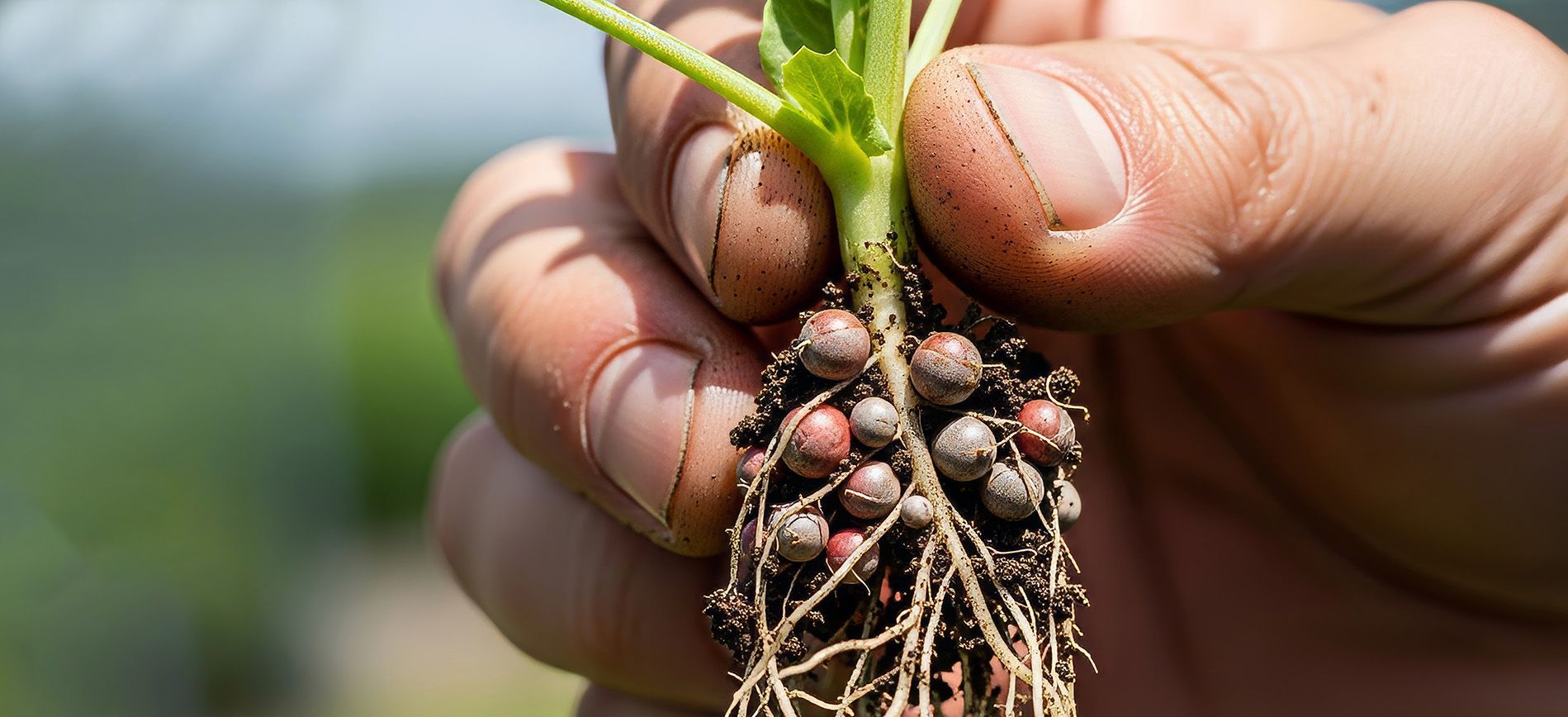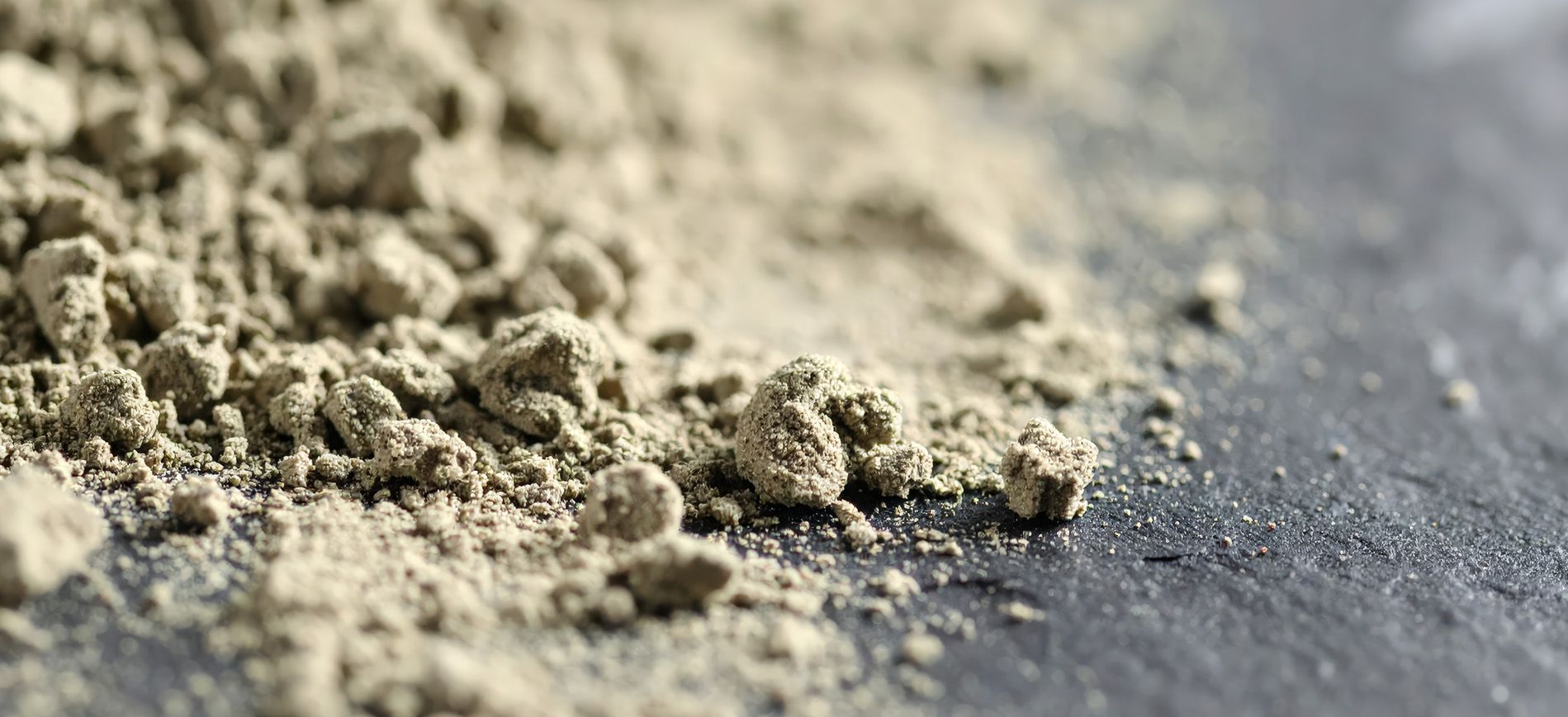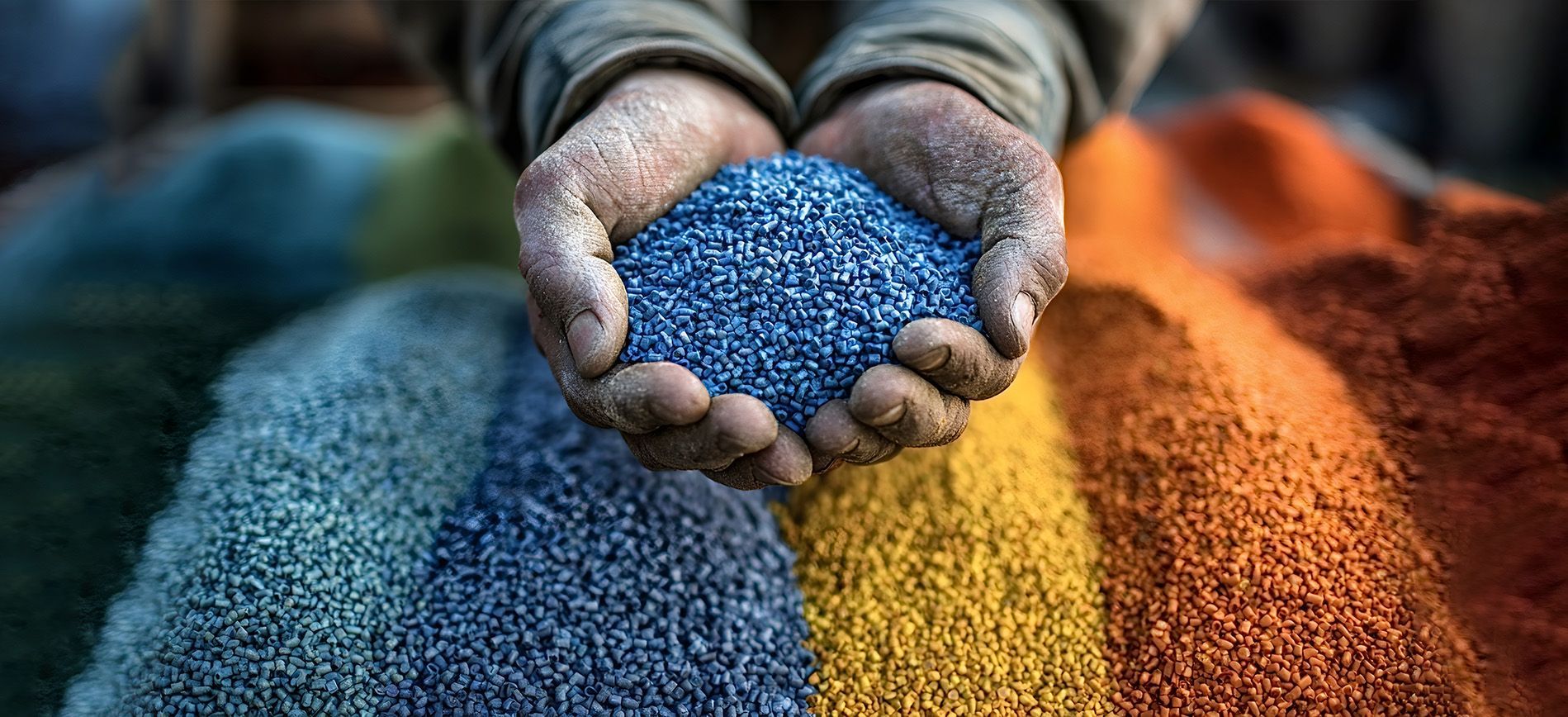Fertilizers and Abiotic Stress – Strengthening Crop Resilience Against Climate Extremes
Fertilizers and Abiotic Stress – Strengthening Crop Resilience Against Climate Extremes

Introduction: Farming in a World of Stress
Climate change, erratic weather, and soil degradation are making abiotic stress a central challenge for global agriculture. Drought, salinity, heatwaves, cold snaps, and nutrient imbalances can severely hinder crop development—leading to reduced yields, lower quality, and even crop failure.
While genetics and irrigation matter, fertilizer management is one of the fastest, most impactful tools to boost resilience. New-generation fertilizers—enhanced with biostimulants, micronutrients, or controlled-release technologies—do more than feed crops. They protect them.
Understanding Abiotic Stress in Crops
Abiotic stress refers to non-living environmental factors that negatively impact plant growth. The most common types include:
| Stress Type | Impact on Crops |
|---|---|
| Drought | Reduced water uptake, stunted growth, and wilting |
| Salinity | Ion toxicity, osmotic imbalance, and root damage |
| Heat Stress | Disrupts photosynthesis, denatures proteins |
| Cold Stress | Delays germination, injures plant tissues |
| Nutrient Stress | Impairs metabolism, weakens plant immunity |
These conditions damage cell membranes, reduce nutrient flow, and disrupt crop development—especially during flowering, grain filling, or fruiting.
The Role of Fertilizers in Combating Abiotic Stress
Innovative fertilizer strategies help crops prevent, tolerate, and recover from stress by improving:
- Root growth
- Stomatal regulation
- Osmotic adjustment
- Antioxidant production
Key Fertilizer-Based Interventions
- Balanced NPK
Prevents deficiencies/excesses that increase stress vulnerability.
Potassium is vital for stomatal control and water balance.
- Micronutrient Supplementation
Zinc, manganese, and boron enhance stress enzymes and reproductive health.
Iron and copper stabilize chlorophyll under thermal extremes.
- Calcium and Magnesium
Strengthen membranes and improve resistance to heat/salinity.
- Biostimulants and Amino Acids
Improve root systems, reduce ethylene (a stress hormone), and support recovery.
- Silicon-Enriched Fertilizers
Reinforce cell walls, limit transpiration, and improve drought/salt tolerance.
Best Fertilizer Practices for Stress Conditions
| Scenario | Fertilizer Strategy |
|---|---|
| Drought | Apply K-rich and silicon fertilizers early |
| Salinity | Use calcium nitrate or sulfate to displace sodium |
| Heatwaves | Foliar sprays with micronutrients + amino acid blends |
| Cold Soils | Use P + Zn starter fertilizers to boost root vigor |
| Nutrient Stress | Conduct seasonal soil/tissue tests, adjust rates accordingly |
Green Gubre Group’s Climate-Resilient Fertilizer Line
We offer precision solutions formulated to fight abiotic stress:
- StressShield™ NPK + TE: Enriched with Mg, Zn, and B for metabolic protection
- BioK+ Formulations: Potassium + seaweed extract + silicon for drought resilience
- AminoStim™ Liquid: Organic amino acids and natural chelates for rapid stress recovery
- Salinity Blocker Blends: Calcium-based granules to buffer sodium and improve structure
- SilicaMax™ Suspension Fertilizer: Foliar-grade protection against UV and heat extremes
Supported by:
- Agronomic planning for stress periods
- Soil and water compatibility analysis
- Custom fertigation schedules
Conclusion: Fertilizers Beyond Yield – Tools for Survival
In today’s climate-challenged world, fertilizers must do more than feed. They must fortify. With science-driven nutrient strategies, farmers can safeguard yields, reduce losses, and adapt to volatile growing seasons.
“Feed the plant. Fortify its defenses. Farm with foresight.”




